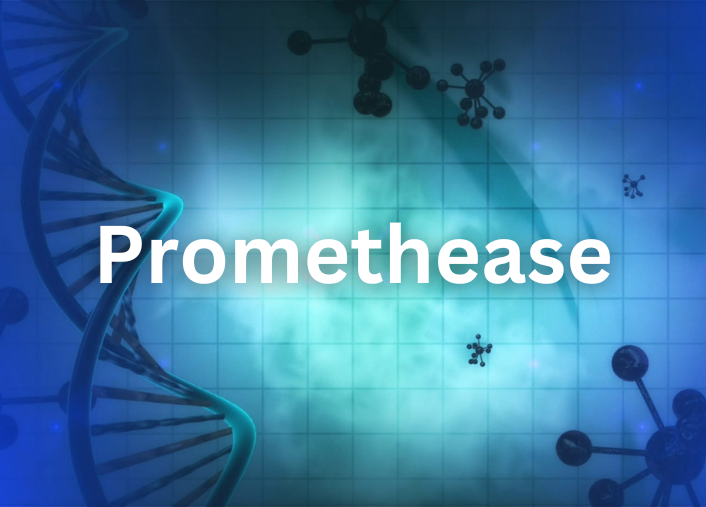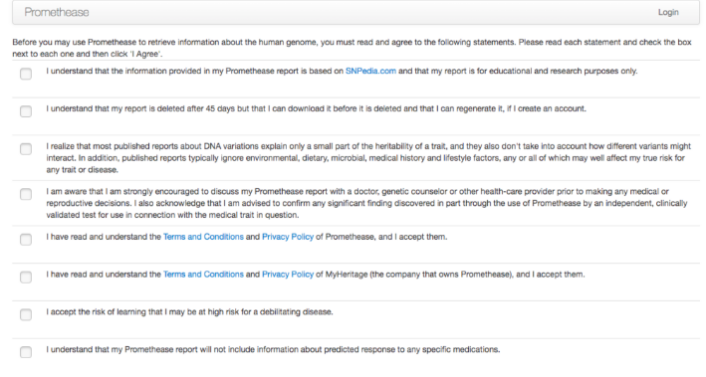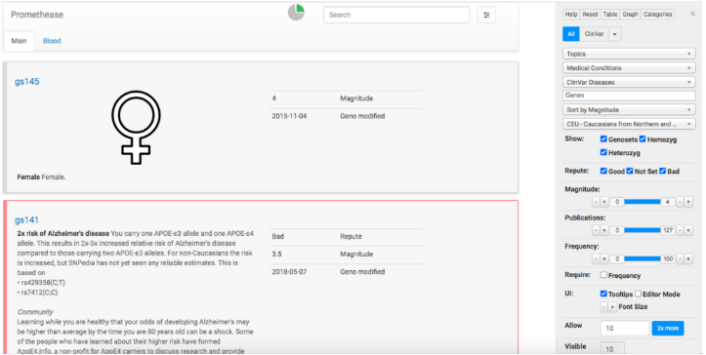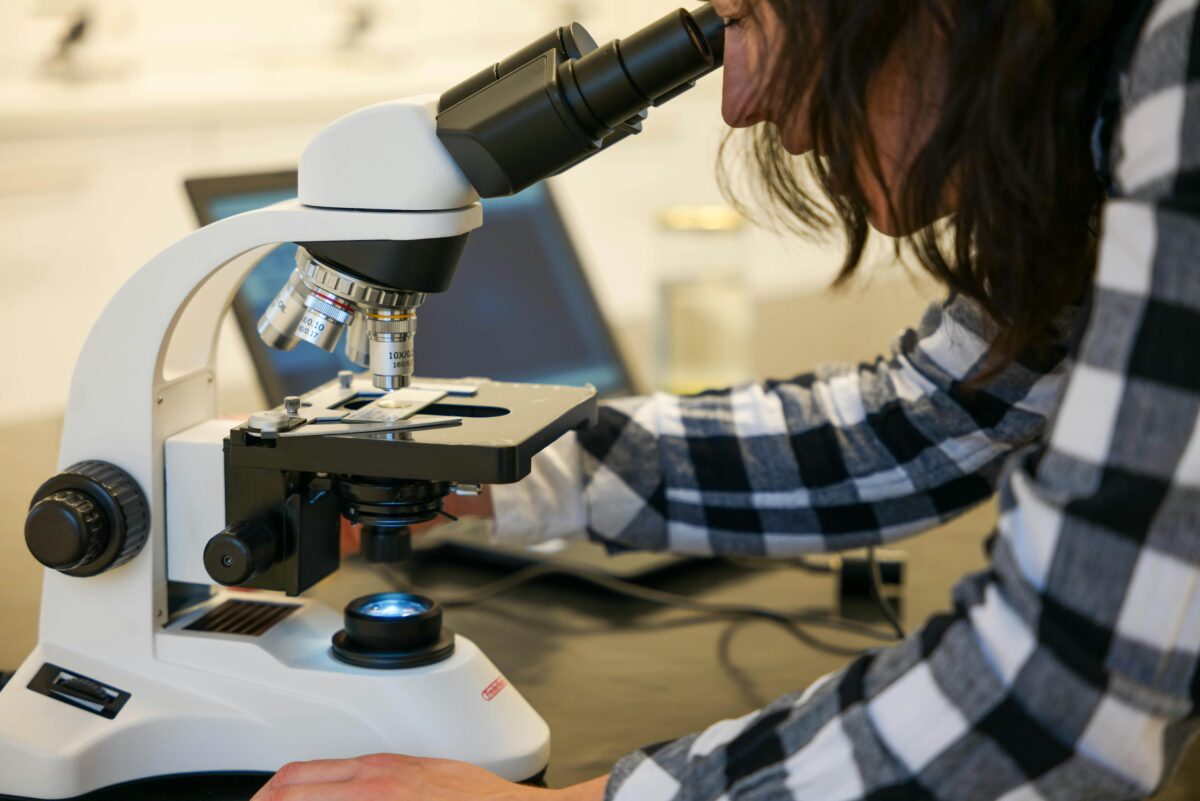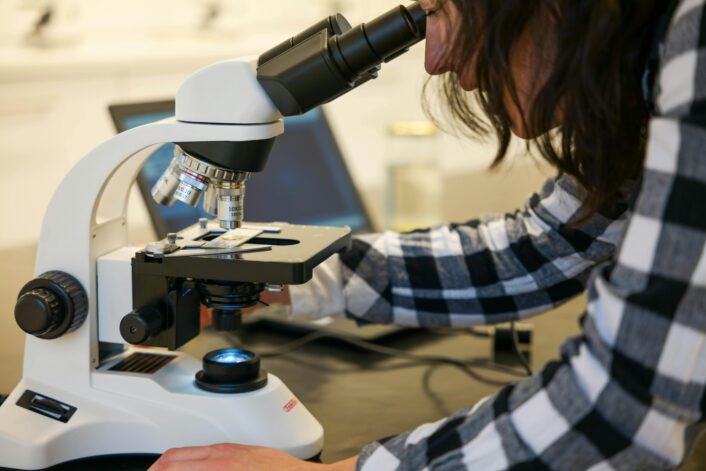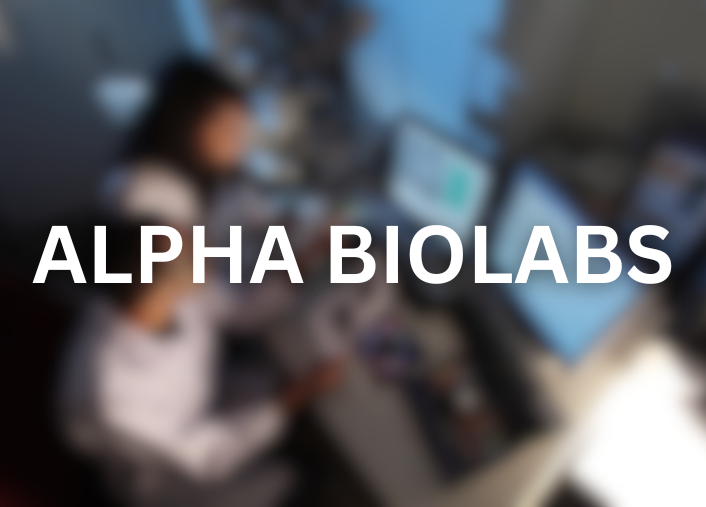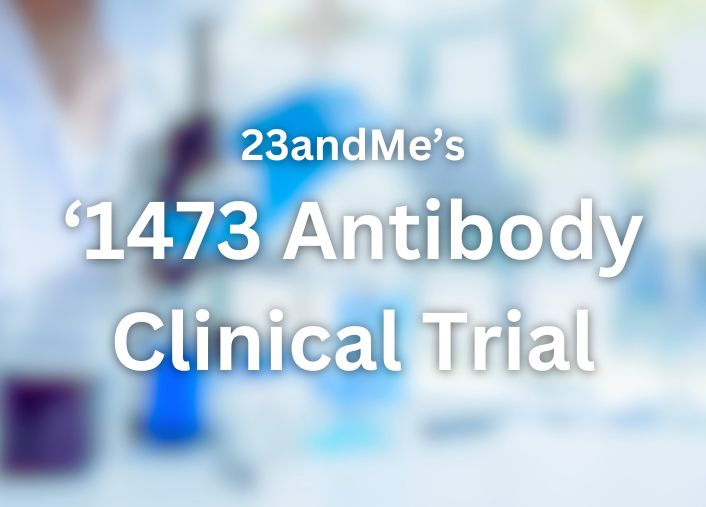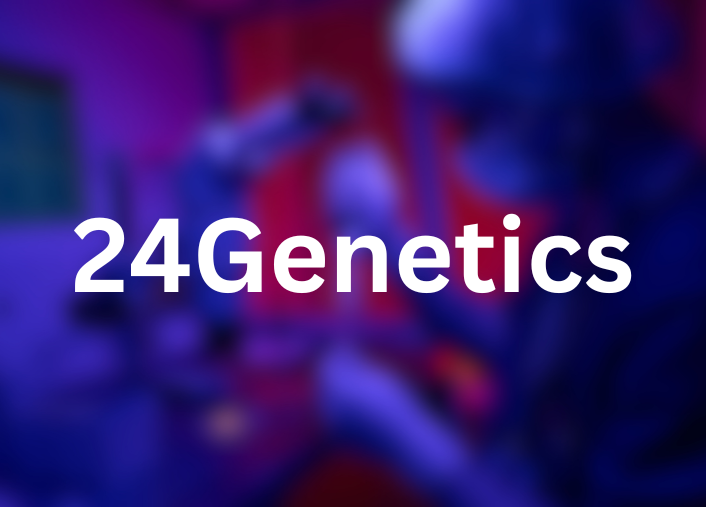New Study: NK-Cell Dysfunction Markers Linked To AD?
harvey
on
May 8, 2024
Latest Posts
Table of Contents
New Study: NK-Cell Dysfunction Markers Linked To AD?
Date of Content: April 25, 2024
Written by: Avanthika Nityanand
Reviewed by: Maarit Tiirikainen, PhD
Disclaimer: This article is meant for informational purposes only. LifeDNA does not offer clinical analyses nor diagnoses for any conditions discussed herein or otherwise.
The study: https://www.frontiersin.org/journals/immunology/articles/10.3389/fimmu.2024.1360687/full
Background
Dementia, particularly Alzheimer’s disease (AD), which constitutes 60% to 80% of cases, is becoming increasingly common due to the aging population, with projections indicating up to 152 million affected individuals by 2050.
Alzheimer’s is marked by a gradual decline in cognitive functions, including memory loss, language deterioration, and changes in personality and mood, making its prevention and treatment a global challenge. There is a pressing need for biological markers that can aid in early diagnosis, differentiate between types of dementia, and predict disease outcomes.
Aging, as the primary risk factor for AD, brings about physiological degradation and increases susceptibility to various conditions, including neurodegenerative disorders. Research suggests that aging contributes to AD through the accumulation of senescent cells which promote pathological changes by releasing inflammatory factors.
Recent advancements in the study of AD focus on the immune system’s role in its progression, particularly the involvement of Tau protein and T cells, including cytotoxic T cells observed in affected brain areas.
Techniques like single-cell RNA sequencing (scRNA-seq) and T cell receptor (TCR) sequencing (scTCR-seq) have linked CD8 T cells to age-related AD progression. The integration of multi-omics approaches provides a comprehensive molecular insight, enhancing understanding of AD pathogenesis and helping to identify potential biomarkers.
Furthermore, studies have shown natural killer (NK) cells play a crucial role in the immune surveillance of aging. They help mitigate inflammation, clear harmful proteins and damaged neurons, and are pivotal in managing inflammation and protein accumulation in the brain. This has led to clinical trials exploring NK cell therapies in AD patients, showing promising results in stabilizing or improving patient conditions.
Hence, there’s an ongoing effort to delve deeper into the role of NK cells in aging and AD, leveraging biomarkers for early diagnosis and potentially curative treatments, alongside exploring the developmental trajectories of NK cells across different age groups through advanced genetic and cellular analysis.

Gaps in Alzheimer’s Genetic Research
Genetic studies on AD have provided significant insights but also face several critical gaps that hinder a fuller understanding and more effective treatment strategies. Here are some of the main gaps in current genetic studies of Alzheimer’s:
Limited Genetic Diversity
Only a few genetic research studies on Alzheimer’s has been conducted on populations of European descent. This limits the applicability of findings to global populations, particularly given the genetic, environmental, and lifestyle variations across different racial/ethnic groups. More studies involving diverse populations are essential to uncover relevant genetic markers and risk factors specific to various ancestries.
Complex Genetic Interactions
Alzheimer’s disease is influenced by multiple genes, and the interactions between these genes can be complex. Current studies often fail to fully capture the interplay between genetic factors and how they contribute to disease risk, progression, and response to treatment.
Polygenic Risk Factors
While significant progress has been made in identifying major genes associated with Alzheimer’s, such as APOE ε4, many other genetic factors likely contribute to the disease in a polygenic manner. Other less known genes and their variants often have small individual effects that are difficult to detect with current study designs and sample sizes.
Integration with Environmental and Lifestyle Factors
There is a need for better integration of genetic data with environmental and lifestyle factors. Alzheimer’s disease is influenced by a complex interaction of genetic predispositions with factors such as diet, physical activity, exposure to toxins, and other lifestyle choices. Few studies comprehensively integrate these aspects to provide a holistic view of risk and progression.
Epigenetic Factors
Epigenetics plays a crucial role in gene expression without altering the DNA sequence. Changes in epigenetic patterns can significantly impact the development and progression of Alzheimer’s, yet this area remains underexplored compared to direct genetic studies.
Rare Variants
Current studies often focus on common genetic variants with minor effects. Rare variants might have significant impacts on disease risk and manifestation but are challenging to detect without large sample sizes or specialized study designs.
Results of the Study
NK cells, known for their dual functions in cytotoxicity and immune regulation, play a crucial role in managing infections, malignant tumors, and senescent cells (old or dying cells).
Interestingly, while the number of these cells increases with age, their functionality declines, potentially due to decreased cytokine (protein-based immune signaling molecules) secretion and cell toxicity. This study suggests that senescent cells activate immune responses, and the NK cells respond by eliminating these cells through direct killing or secretion of cytokines.
Further, through Mendelian randomization (MR) analysis based on a cell trajectory model developed from different age groups, the study points to CHD6 as a potential gene influencing AD. CHD6, involved in DNA damage response and chromatin remodeling, is speculated to affect transcriptional activities linked to AD progression.
How the Study Addresses Gaps in AD Research
By focusing on the role of NK cells, which increase in number but decrease in functionality with age, the study enhances the understanding of the immune system’s involvement in AD. This addresses the complex interplay between genetics and the immune system, showing how genetic predispositions can influence immune responses, potentially leading to AD progression or influencing its severity. This insight into immune-genetic interactions is crucial for developing targeted therapies that can modulate immune functions in AD.
Furthermore, the research uses advanced techniques like single-cell RNA sequencing and Mendelian randomization to investigate the role of specific genes like CHD6 in the context of AD, bridging the gap between genetic predispositions and cellular behavior. This methodological approach helps in pinpointing specific genetic pathways that contribute to AD, beyond the common genetic markers like APOE ε4.
This studyprovides a more nuanced understanding of how aging-related genetic changes impact cellular functions and disease progression, potentially leading to the identification of new therapeutic targets and personalized treatment strategies based on an individual’s genetic and cellular profile. This aligns with the need for pharmacogenomic studies in AD, aiming to tailor treatments to genetic and cellular characteristics that may vary from one individual to another.
Possible Drawbacks of the Study
Despite the insightful findings, the study faces several limitations such as data derived solely from peripheral blood mononuclear cells. These cells may not fully represent the cellular or molecular processes occurring in other tissues, especially in diseases primarily affecting specific organs or systems, like AD.
Further, the study relied on single-cell analysis from an Asian population, and the use of GWAS data from a European cohort.
These factors could affect the generalizability and reliability of the findings. To overcome these limitations, further studies involving larger and more diverse populations are recommended, alongside continued exploration of the underlying mechanisms and potential therapeutic targets in AD.
References
- https://www.who.int/news/item/07-12-2017-dementia-number-of-people-affected-to-triple-in-next-30-years#:~:text=As%20the%20global%20population%20ages,to%20152%20million%20by%202050.
- https://pubmed.ncbi.nlm.nih.gov/35216123/
- https://www.ncbi.nlm.nih.gov/pmc/articles/PMC10141847/
- https://www.ajmc.com/view/nk-cell-therapy-snk01-improves-cognitive-function-in-alzheimer-disease-for-up-to-11-weeks
- https://www.ncbi.nlm.nih.gov/pmc/articles/PMC10615750/
- https://www.ncbi.nlm.nih.gov/pmc/articles/PMC7536832/
- https://www.cdc.gov/genomics/disease/mendelian_randomization.htm#:~:text=Mendelian%20randomization%20can%20be%20used,%2C%20smoking%2C%20or%20alcohol%20use.
Customer Reviews




*Understanding your genetics can offer valuable insights into your well-being, but it is not deterministic. Your traits can be influenced by the complex interplay involving nature, lifestyle, family history, and others.
Our reports have not been evaluated by the Food and Drug Administration. The contents on our website and our reports are for informational purposes only, and are not intended to diagnose any medical condition, replace the advice of a healthcare professional, or provide any medical advice, diagnosis, or treatment. Consult with a healthcare professional before making any major lifestyle changes or if you have any other concerns about your results. The testimonials featured may have used more than one LifeDNA or LifeDNA vendors’ product or reports.







